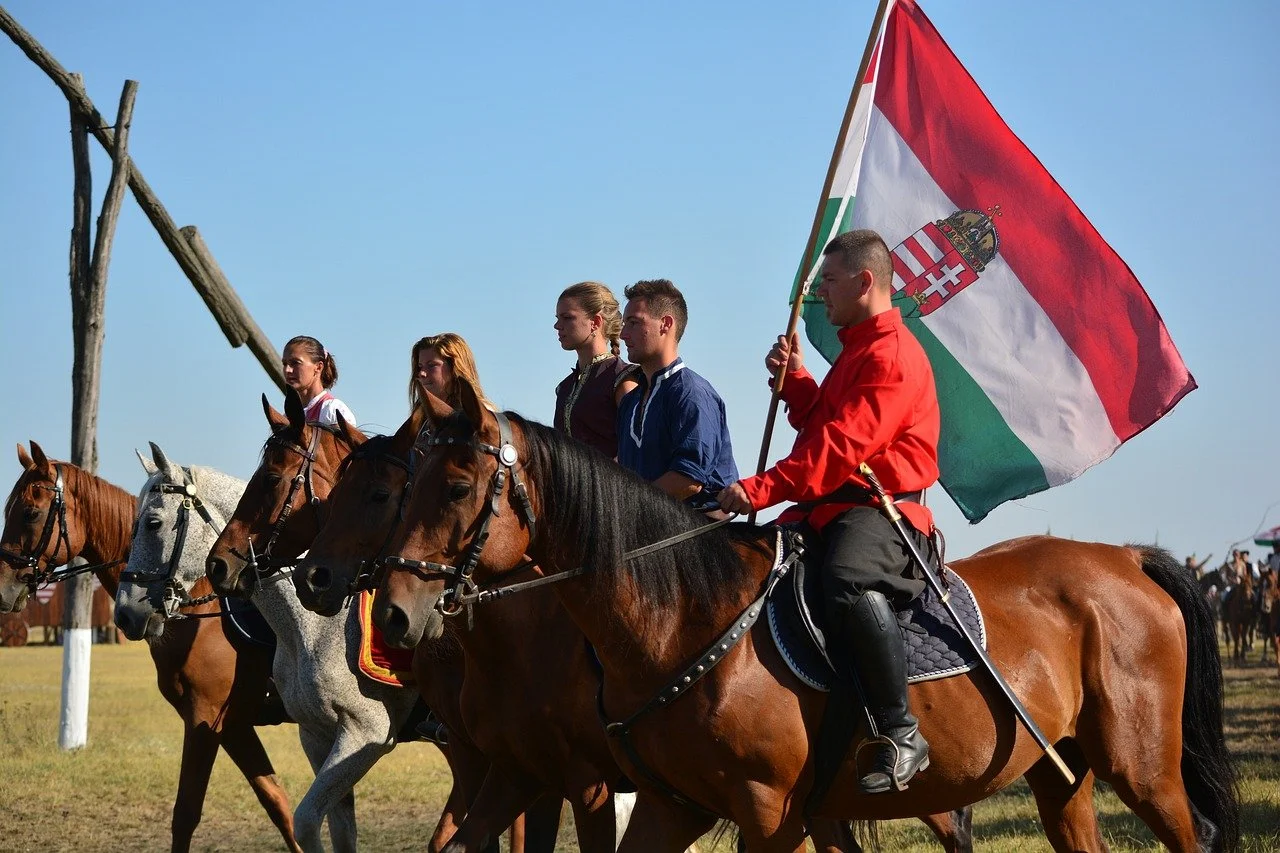What languages have influenced the Hungarian language?

The origins of the Hungarian language and related languages are not easy to determine. Throughout history, Hungarians are likely to have met ancient Turkic, ancient Iranian, and other languages. And how do we know this? Many words have melted into the Hungarian language, and are still used by its native speakers.
Turkish words
The Hungarian language has a lot of Turkic vocabulary even before the Ottoman Rule, writes hungaryforyou.wordpress.com. Actually, there were two main periods when Turkic languages influenced Hungarians. First, before Hungarians arrived in today’s Hungary, and second, in the 16th century under Ottoman Rule. Among the Hungarian words of Turkish origin are nyak, nyár, hook, and harang (neck, summer, sand, bell). In addition, thanks to the Ottomans, the letter “dzs” appeared in our alphabet (pronounced as the letter ‘j’ in “jump” in English), writes fromhungarywithlove.wordpress.com.
Words of German origin in Hungarian
In the Old Hungarian Period, one of the most important events in history was the Carpathian Basin’s conquest. After the conquest, the Hungarians met the Germans quite early, who greatly influenced Hungarians. Some of the early German foreign words refer to military and court life, such as páncél (armour), ostrom (siege), or tánc (dance). These then remained in the Hungarian language.
- Read also: The most beautiful Hungarian words II.
Slavic languages
Expressions linked to agriculture and animals were borrowed mainly from Slavic languages, writes mek.oszk.hu. Hungarian native speakers often find familiar words when they start learning Slovak, Serbian, or Croatian, to name just a few of the Slavic languages similar to Hungarian. These are the following: gabona, rozs, szalma, borona, kasza, bab, őszibarack, sárgarépa, juh, anyajuh, kakas, galamb, iga, holtág, széna és pásztor (grain, rye, straw, harrow, scythe, bean, peach, carrot, sheep, ewe, rooster, pigeon, yoke, oxbow, hay and shepherd).
Moreover, Hungarian nouns attached to trades, like cooper, smith, weaver, miller, and dammer, are of Slavic origin. There are also many Slav loan words in connection with religion, such as kereszt, keresztény, szerzetes, apáca, szent, csoda (cross, Christian, monk, nun, saint, miracle).
- read also: The funniest Hungarian expressions
Source: hungaryforyou.wordpress.com, fromhungarywithlove.wordpress.com, mek.oszk.hu

